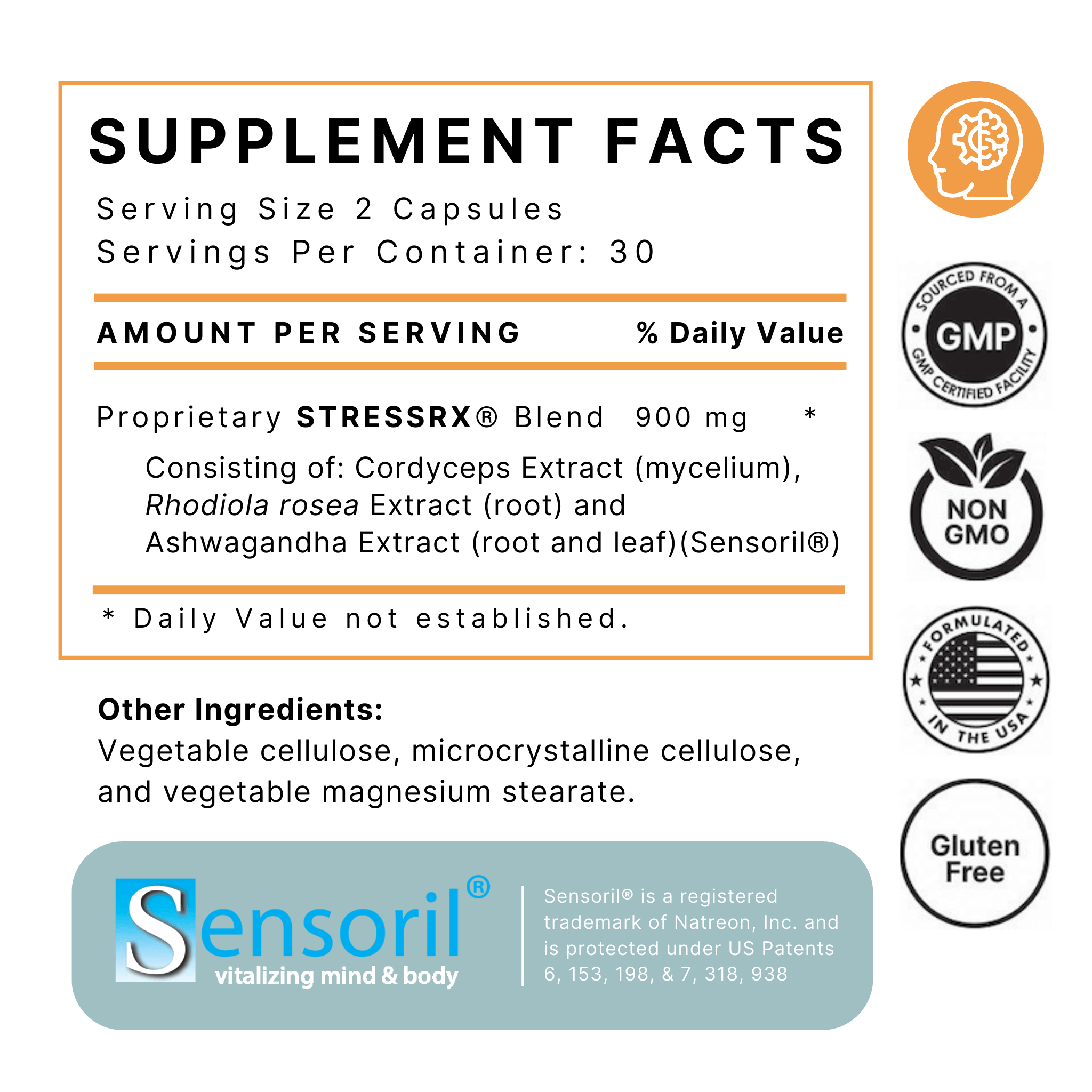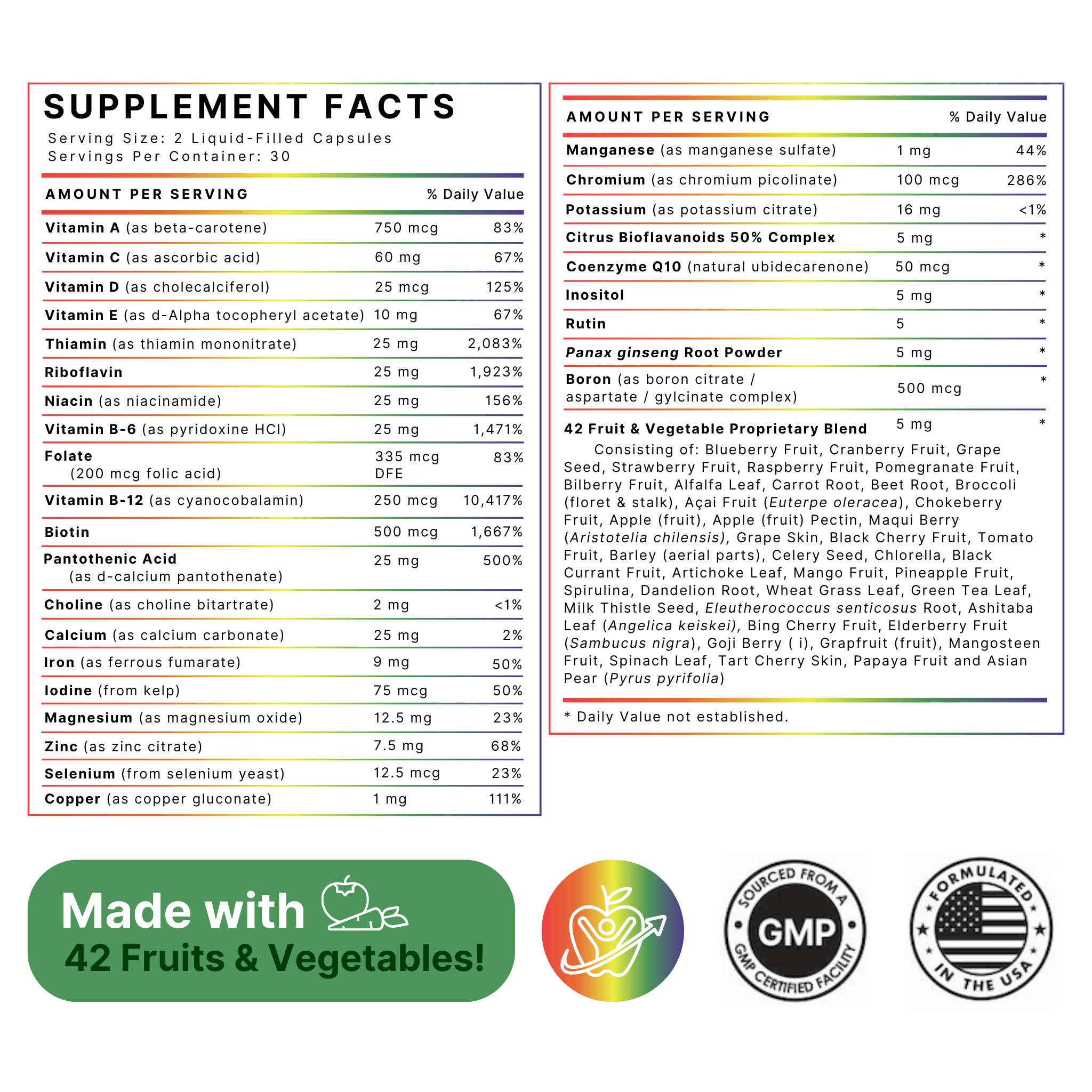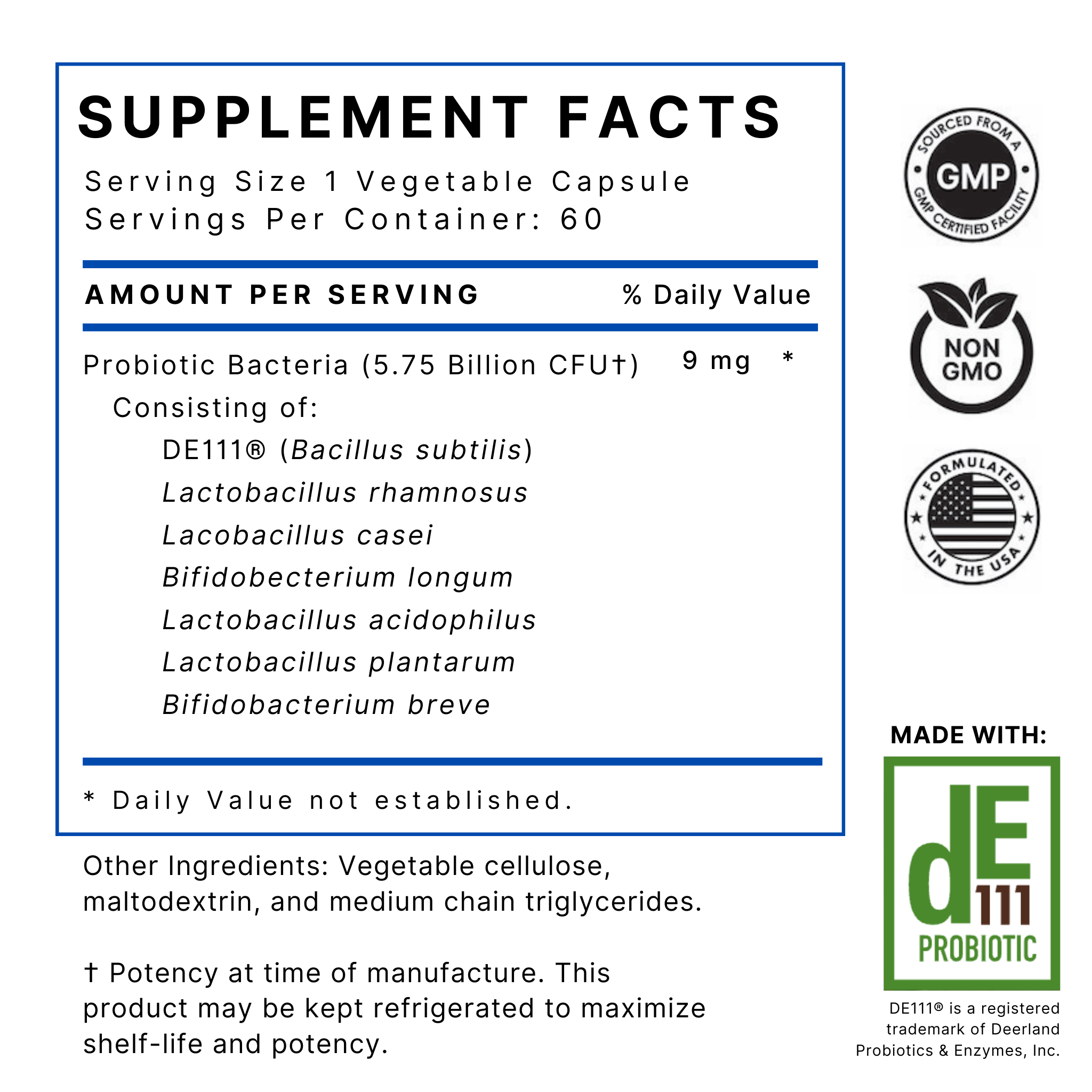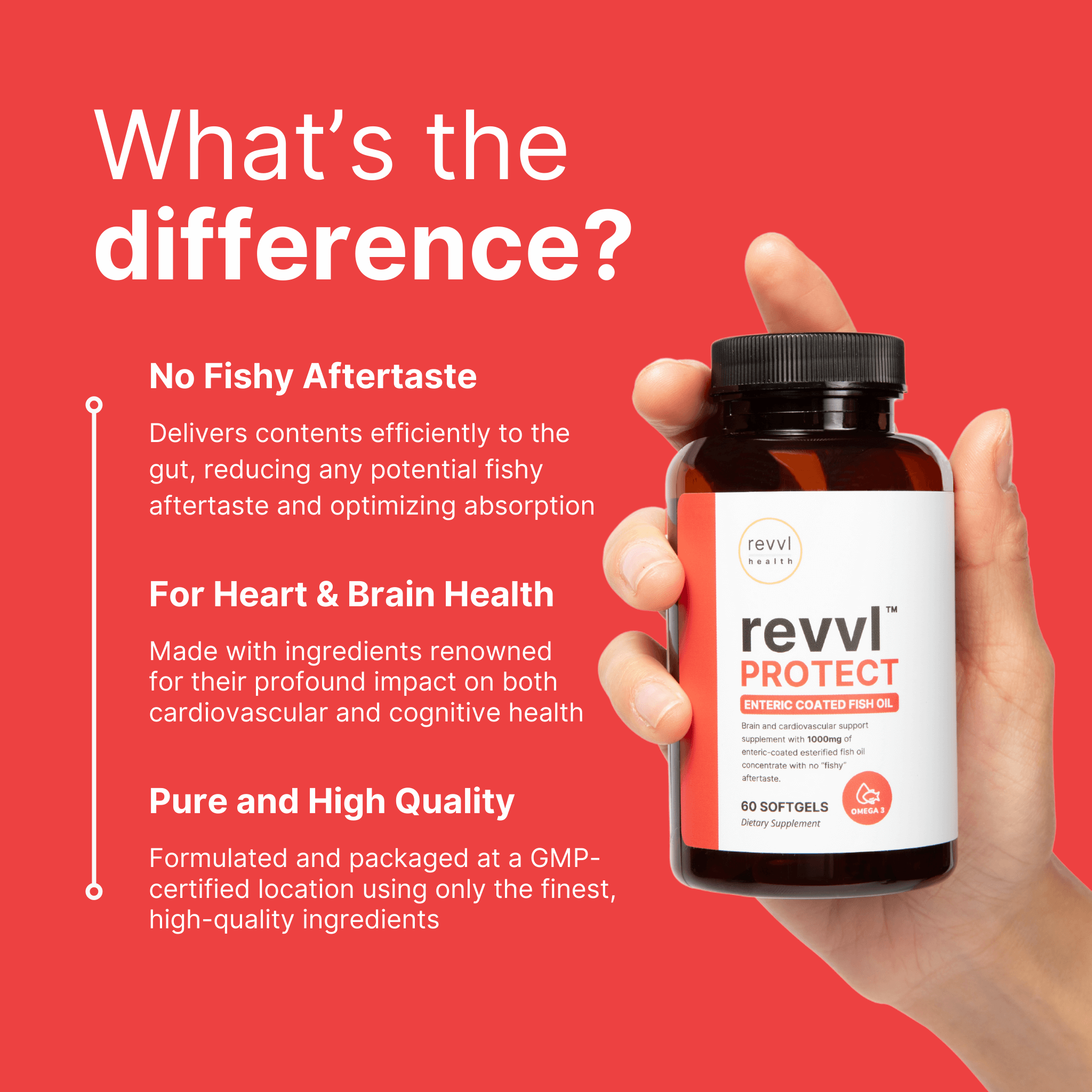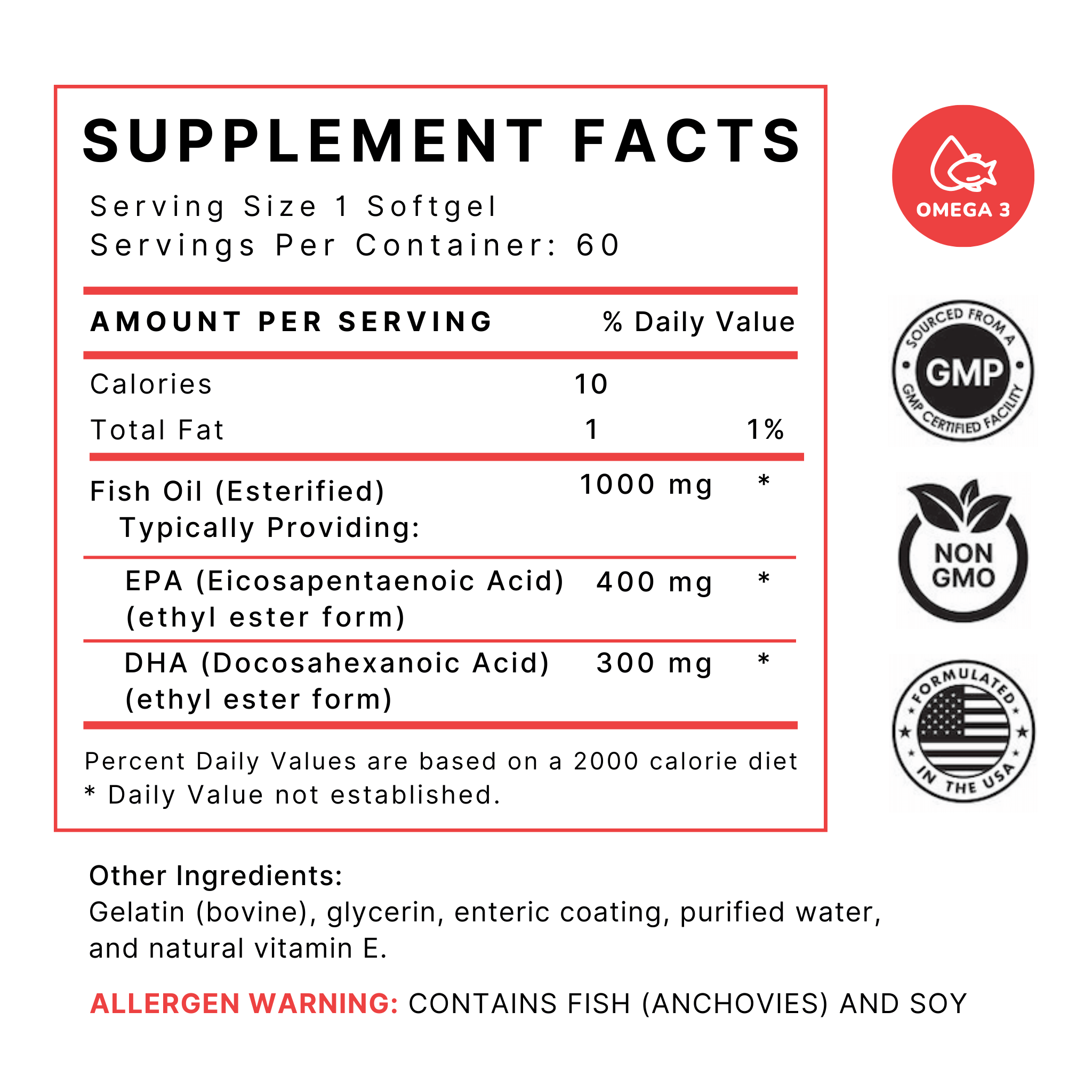As Christians, we've found that the Bible offers profound wisdom on relationships and wellness. It teaches us not just about spiritual matters but also about how to nurture our physical and emotional bonds with others. This post reflects on these biblical principles and how we can apply them to strengthen our relationships and overall well-being.
Biblical Insights on Relationships
The Bible places significant emphasis on love, kindness, and mutual support in relationships. Scriptures like 1 Corinthians 13:4-7, which describes love as patient, kind, and enduring, guide us in how to treat one another. Ephesians 4:2-3 encourages humility, gentleness, and patience, urging us to bear with one another in love.
Practicing Biblical Principles in Relationships
- Love and Patience: Demonstrating love through patience and understanding is crucial. It’s about seeing your partner through the lens of grace, just as Christ sees us.
- Forgiveness and Compassion: Ephesians 4:32 reminds us to be kind and compassionate to one another, forgiving each other, just as in Christ God forgave us. This principle is vital in resolving conflicts and growing closer.
Managing Stress in Light of Biblical Teachings
Stress can strain relationships, but we are reminded in Scripture that we are designed for community and connection. Galatians 6:2 instructs us to bear one another’s burdens, highlighting the importance of supporting each other in times of stress. By leaning on each other and our faith, we can navigate these challenges more effectively.
Physical and Spiritual Wellness in Harmony
The intertwining of physical and spiritual wellness is a concept deeply rooted in Christian teachings. The Bible encourages us to care for our bodies, not only as a responsibility but as a form of worship. Romans 12:1, for instance, urges us to present our bodies as a living sacrifice, holy and pleasing to God, which is also a spiritual act of worship. This holistic approach to wellness acknowledges that caring for our physical health is inherently connected to our spiritual lives.
The Role of Physical Health in Spiritual Life
- Energy for Service: Good physical health equips us with the energy to serve others and fulfill God's purposes. It enables us to engage more fully in our communities and in our service to the church.
- Discipline and Self-Control: Caring for our physical health requires discipline, a fruit of the Spirit outlined in Galatians 5:22-23. This discipline can extend to other areas of our spiritual life, strengthening our character and faith.
- A Testament of Gratitude: Taking care of our bodies can be seen as an act of gratitude for the life God has given us. It shows respect and thankfulness for His creation. It is also an act of gratitude for the friends and family whom we love and who love us – good health typically means better quality time spent with them.
Integrating Wellness into Relationships
In a Christian relationship, integrating wellness means more than just shared activities; it involves a shared commitment to honor God through the way we treat our bodies and spirits.
Activities for Holistic Wellness in Relationships
- Spiritual and Physical Fitness Together: Combining physical exercise with spiritual growth, such as praying together during walks or listening to a Bible study while jogging, can be a unique way to grow together in both aspects.
- Healthy Cooking with Biblical Principles: Exploring recipes that use whole, natural foods can be a celebration of the bounty God has provided. Discussing biblical principles regarding food and health while cooking can also enrich this experience.
- Mindful Rest and Sabbath: Observing times of rest, such as a Sabbath day or times, is not only a biblical principle but also essential for physical and mental health. Use this time to disconnect from the world's demands and connect more deeply with each other and with God.
- Mutual Prayer and Fasting: Engage in periods of prayer and fasting together. This can be a powerful way to deepen your spiritual connection, focus on God's will for your lives, and support each other in seeking spiritual clarity and blessings.
Nurturing Each Other's Wellness
- Accountability and Encouragement: Be each other’s cheerleader in both physical and spiritual goals. Encourage each other in healthy habits, spiritual disciplines, and personal growth.
- Shared Prayer for Health and Wellness: Regularly include each other's physical and spiritual health in your prayers. This practice not only seeks God's guidance and blessing but also reinforces the shared journey in wellness.
Conclusion
In Christian life, nurturing relationships is about more than just companionship; it's about building each other up in love and faith, reflecting the teachings of Christ. By applying these biblical principles, we can strengthen our bonds and enjoy a more fulfilling, healthful relationship that honors God.










